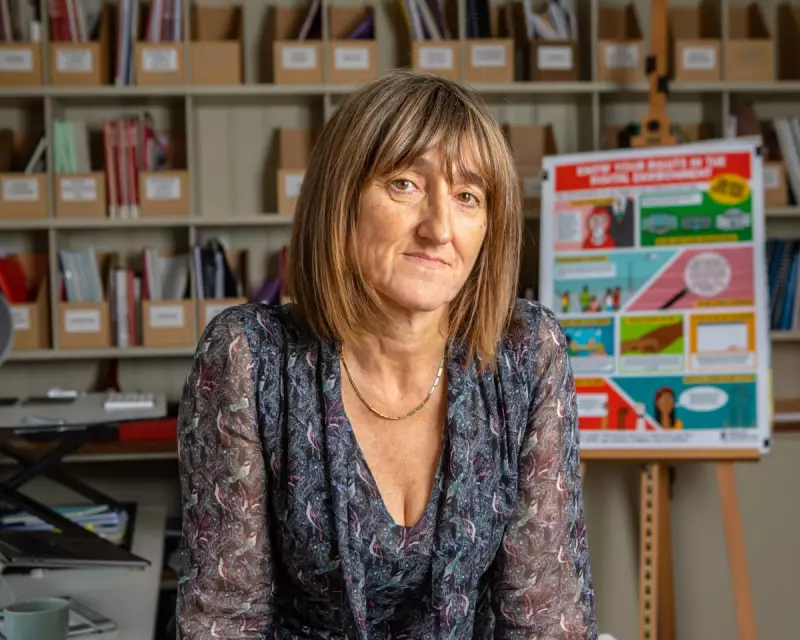
The UK government is facing mounting pressure to intervene in the growing crisis of social media addiction among children, as experts reveal how platforms exploit dopamine-driven feedback loops to keep young users hooked.
The Science Behind the Addiction
Neuroscientists warn that social media platforms are designed to trigger dopamine releases in children's brains, creating addictive behavioural patterns. These "dopamine loops" reward engagement with likes, notifications, and endless scrolling features, making disengagement increasingly difficult.
Call for Legislative Action
Child welfare advocates and mental health professionals are urging Westminster to implement stricter regulations on social media companies. Proposed measures include:
- Limiting algorithmic content recommendations for under-16s
- Implementing mandatory break reminders
- Banning autoplay features on children's accounts
- Requiring transparency about engagement-driving techniques
The Mental Health Toll
Recent studies show a worrying correlation between excessive social media use and rising rates of childhood anxiety, depression, and attention disorders. Teachers report increasing difficulties in maintaining students' focus in classrooms, while paediatricians note more cases of sleep deprivation linked to late-night device use.
Industry Response
While some platforms have introduced parental controls and usage timers, critics argue these measures are insufficient. Tech companies maintain they're committed to responsible innovation, but resist calls for fundamental design changes to their engagement models.
What's Next?
The Department for Digital, Culture, Media and Sport is reportedly considering new legislation, potentially making the UK a global leader in protecting children from digital harm. However, with general elections approaching, it remains unclear how quickly such measures might progress through Parliament.





